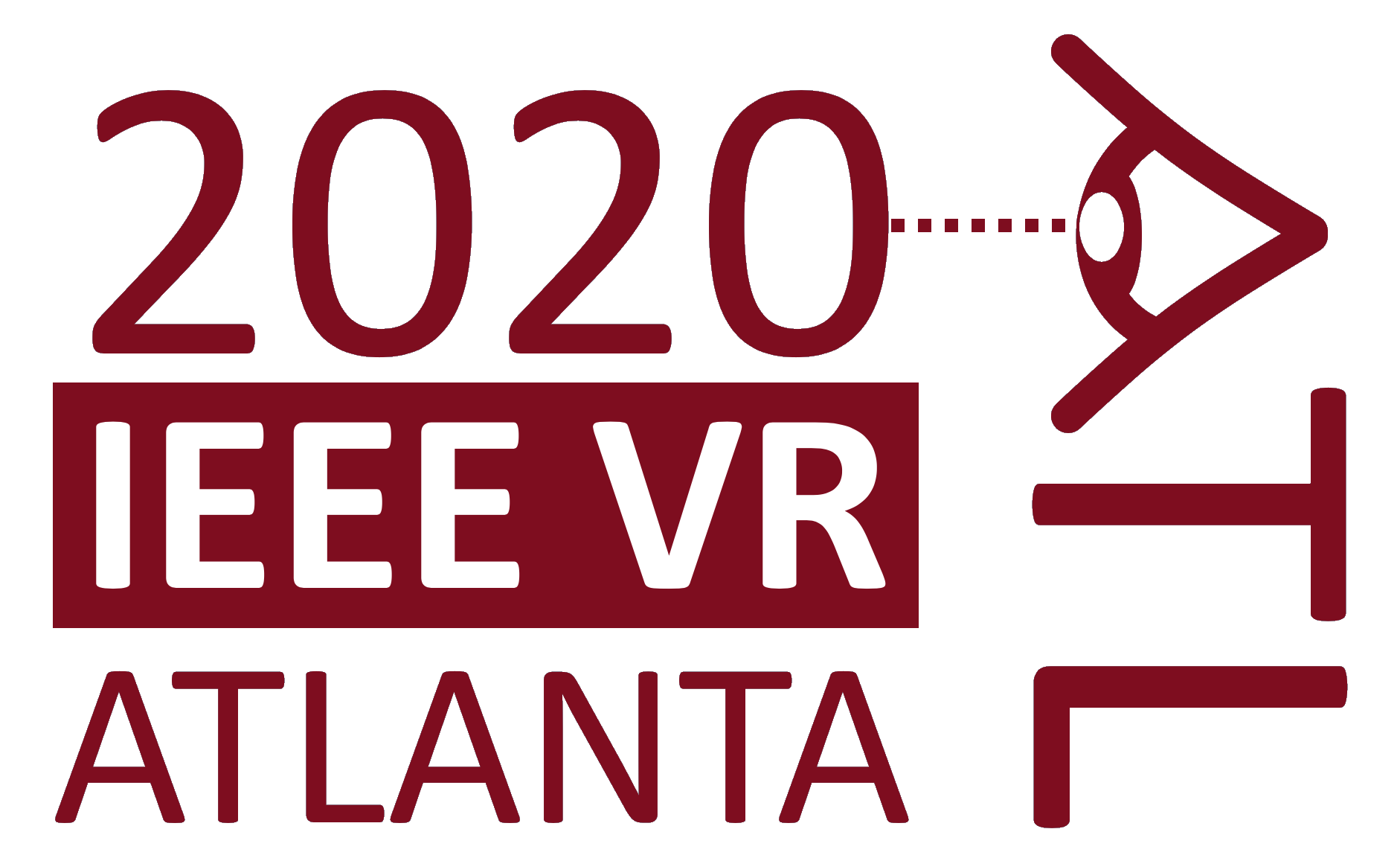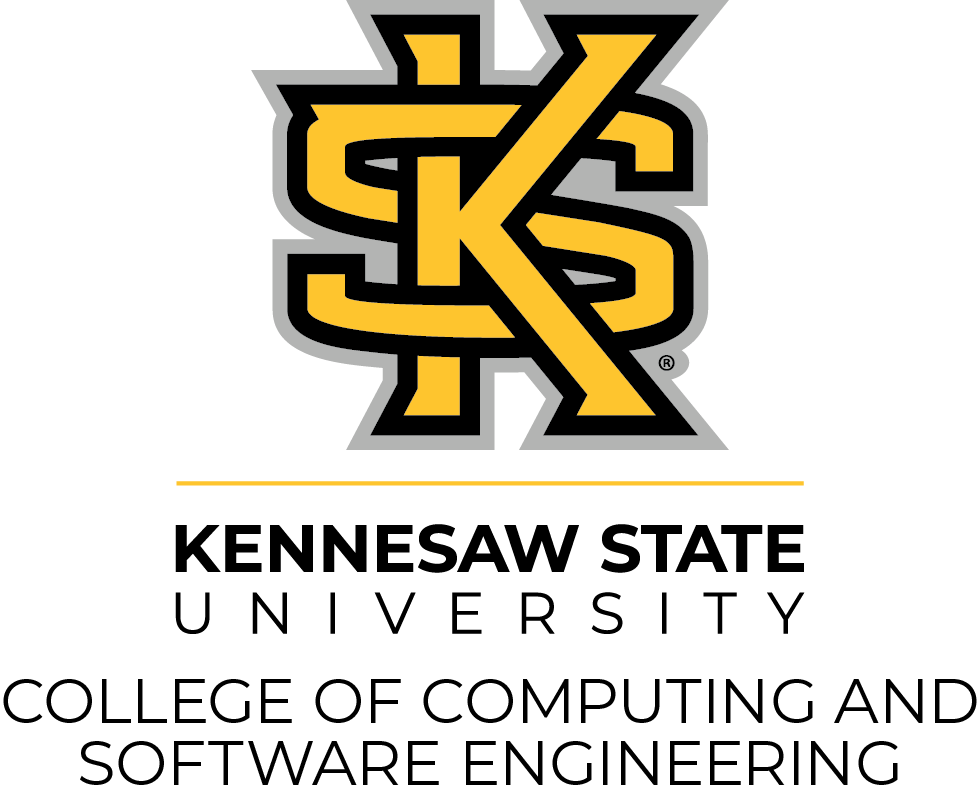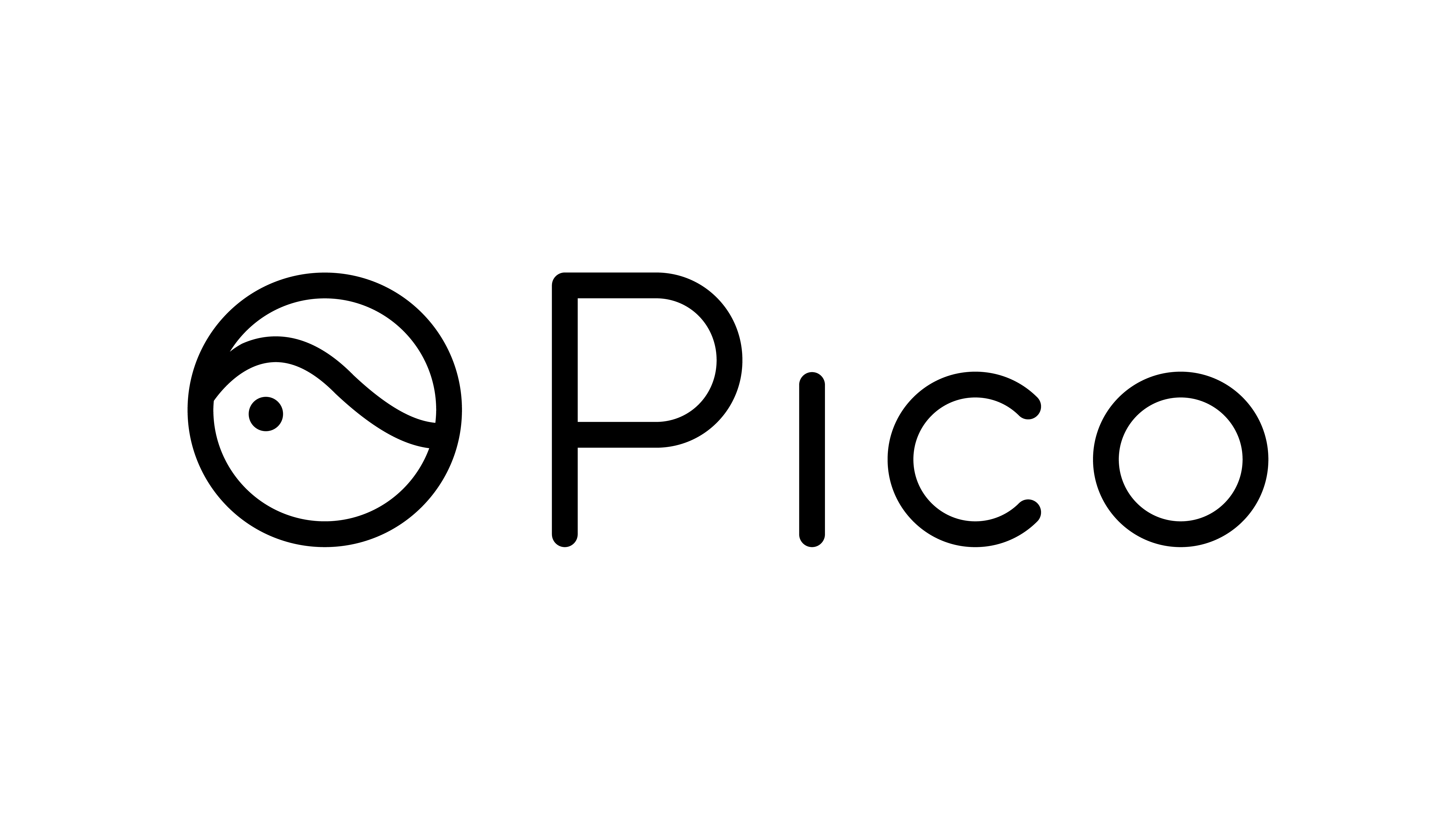
March 22nd - 26th

March 22nd - 26th
Conference Sponsors:
Gold

University of Georgia
Silver

Georgia Institute of Technology
Bronze

The Center of Innovation for Manufacturing - Georgia Institute of Technology

Kennesaw State University

Mozilla

Microsoft Research, Altspace and Mixed Reality

Amazon Web Services

Pico Interactive
Supporter

Emory University

University of Mississippi

Vimeo
Doctoral Consortium Sponsors:

National Science Foundation
Contest Sponsors:

Fakespace Labs
Exhibitors and Supporters
Doctoral Consortium
The DC is a concentrated full-day event where students present their research interests/plans/results to a panel of senior researchers in the field and receive specific constructive feedback, followed by a reception in the evening and networking opportunities during the following days. Accepted students will give in-depth presentations of their research and will receive constructive comments from mentors. Additionally, accepted students will create a poster about their work to allow IEEE VR attendees to quickly familiarize themselves with each other’s work and to be shown to a broader audience during the conference poster session.
Accepted Students
| Student | Title | Affiliation |
|---|---|---|
| Buck, Lauren | The Modulation of Peripersonal Space Boundaries in Immersive Virtual Environments (DC07) | Department of Electrical Engineering and Computer Science, Vanderbilt University |
| Wang, Cheng Yao | Privacy-Preserving Relived Experiences in Virtual Reality (DC13) | Information Science, Cornell University |
| Anderson, Sarah | Virtual Reality for Safety and Independence in Everyday Activities (DC08) | School of Health and Rehabilitation Sciences, The Ohio State University |
| Tang, Zhenyu | Scene-aware Sound Rendering in Virtual and Real Worlds (DC06) | Computer Science, University of Maryland |
| Bagher, Mahda | Immersive VR and embodied learning: the role of embodied affordances in the long-term retention of semantic knowledge (DC09) | Department of Geography/Chorophronesis Lab, Pennsylvania State University |
| Pandita, Swati | Affective Embodiment: The effect of avatar appearance and gesture representation on emotions in VR (DC04) | Virtual Embodiment Lab, Cornell University |
| Htike, Hein Min | Utilizing AR Glasses as Mobility Aid for People with Low Vision (DC10) | School of Computer Science and Informatics, Cardiff University |
| Hu, Zhiming | Gaze Analysis and Prediction in Virtual Reality (DC11) | Peking University |
| Mal, David | The Impact of Social Interactions on an Embodied Individual's Self-perception in Virtual Environments (DC17) | HCI / Informatik 9, University of Würzburg |
| Adams, Haley | Resolving Cue Conflicts in Augmented Reality (DC16) | Electrical Engineering & Computer Science, Vanderbilt University |
| Zenner, André | Enhancing Proxy-Based Haptics in Virtual Reality (DC02) | German Research Center for Artificial Intelligence (DFKI), Saarland Informatics Campus |
| Lisle, Lee | The Immersive Space to Think: Immersive Analytics for Multimedia Data (DC14) | Center for Human Computer Interaction, Virginia Tech |
| Faria, Nayara | Evaluating Automotive Augmented Reality Head-up Display Effects on Driver Performance and Distraction | Center for Human Computer Interaction, Virginia Tech |
| Li, Yuan | Spatial Referencing for Anywhere, Anytime Augmented Reality (DC01) | Center for Human Computer Interaction, Virginia Tech |
| Williams, Adam | Multimodal User-Defined inputs for Optical See Through Augmented Reality Environments (DC05) | Computer Science, Colorado State University |
| Islam, Rifatul | A Deep Learning based Framework for Detecting and Reducing onset of Cybersickness | Computer Science, University of Texas at San Antonio |
| Orduna, Marta | Quality, Presence, and Emotions in Virtual Reality Communications (DC15) | Grupo de Tratamiento de Imágenes (GTI), Universidad Politécnica de Madrid (UPM) |
| Norouzi, Nahal | Augmented Reality Animals: Are They Our Future Companions? (DC03) | University of Central Florida |
| Kelly, Cliona | A Neuro-VR toolbox for assessment and intervention in Autism: Brain responses to non-verbal, gaze and proxemics behaviour in Virtual Humans. (DC12) | Aston University |
